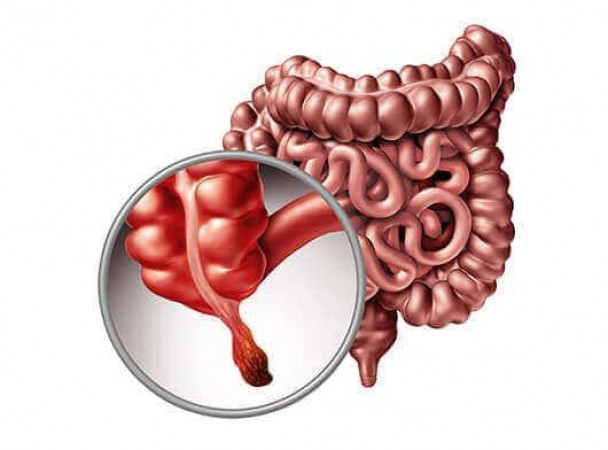
Appendix cancer, though relatively rare, is a condition that affects the appendix – a small pouch-like organ connected to the large intestine. This type of cancer is often difficult to diagnose due to its subtle symptoms and vague manifestations. In this article, we will delve into the world of appendix cancer, exploring its causes, symptoms, diagnostic challenges, and available treatment options.Appendix cancer is a rare malignancy that originates in the cells of the appendix, a small organ that was previously thought to serve no vital purpose. As medical knowledge has advanced, we now understand that the appendix is part of the lymphatic system, which plays a role in immune response. This realization has shed light on the significance of appendix health.
Appendix cancer, also known as appendiceal cancer, involves the uncontrolled growth of abnormal cells within the appendix. While the exact cause of this cancer is still unclear, genetic mutations are believed to contribute to its development.
Researchers are still investigating the exact causes of appendix cancer. However, certain risk factors have been identified, including a family history of the disease, genetic predisposition, and certain inherited syndromes.
Appendix cancer is notorious for its elusive symptoms. Patients may experience abdominal discomfort, bloating, changes in bowel habits, and unexplained weight loss. These symptoms are often mistaken for other less severe conditions, delaying proper diagnosis.
Diagnosing appendix cancer can be challenging due to its non-specific symptoms. Imaging tests such as ultrasounds, CT scans, and MRIs are commonly used to visualize the appendix and detect any abnormalities. A definitive diagnosis is typically made through a biopsy.
There are several subtypes of appendix cancer, each with distinct characteristics and treatment approaches. These include carcinoid tumors, mucinous adenocarcinomas, and goblet cell carcinoids.
The treatment plan for appendix cancer depends on various factors, including the cancer's stage, type, and the patient's overall health. Surgery is the primary approach, often involving removal of the appendix and surrounding tissues. In advanced cases, chemotherapy and targeted therapies may also be recommended.
A diagnosis of appendix cancer can be overwhelming. It's crucial for patients to have a strong support system and access to reliable information. Engaging in a healthy lifestyle and adhering to medical recommendations can contribute to overall well-being.
Living with a rare cancer like appendix cancer can take a toll on emotional health. Patients may experience anxiety, depression, and fear. Seeking professional psychological support and connecting with support groups can provide valuable coping mechanisms.
Numerous organizations and online communities offer support, resources, and a platform for individuals affected by appendix cancer. Connecting with others who share similar experiences can provide a sense of belonging and empowerment.
As the exact causes of appendix cancer remain uncertain, specific preventive measures are challenging to define. However, maintaining a healthy lifestyle, regular exercise, and a balanced diet contribute to overall well-being.
Advancements in medical research continue to shed light on appendix cancer. Clinical trials exploring new treatment modalities and diagnostic techniques are ongoing, offering hope for improved outcomes and a better understanding of the disease. Appendix cancer, though rare, requires awareness and vigilance. Recognizing the subtle symptoms, understanding the risk factors, and seeking medical attention promptly can make a significant difference in early detection and effective treatment. Remember, knowledge is the first step in the battle against this elusive disease.
Boost Digestive Health with Our Tasty Broccoli Carrot Salad Recipe